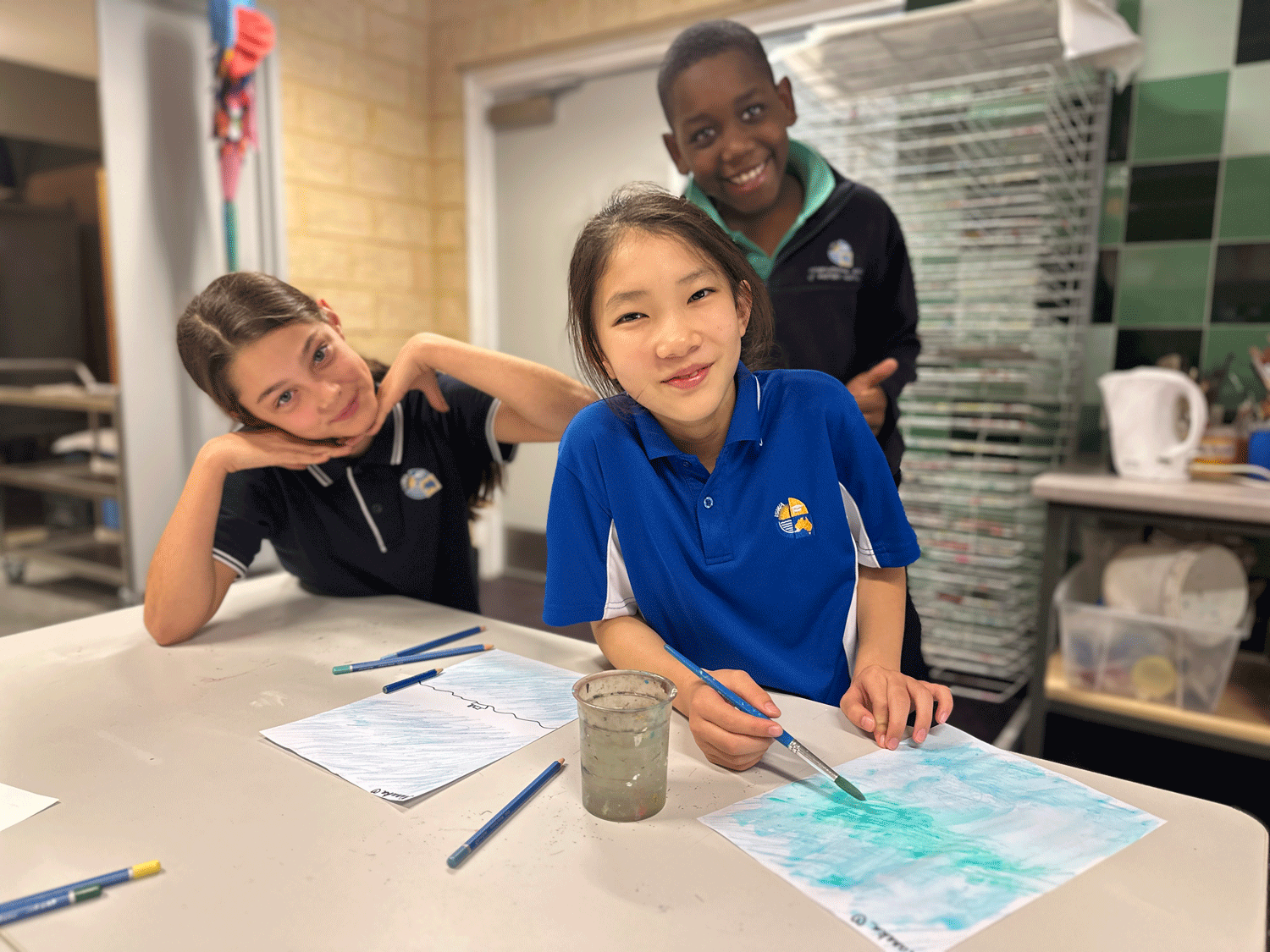Go on. Switch if off.
Spring, in all its glory, is here. The natural environment is calling. School holidays are upon us. It’s timely to consider doing something many of us vow we should and that is to step away from screens.
Of course, it’s easy to demonise time on screens and succumb to black and white thinking blaming them for untold (and even yet to manifest) ills in society. In the developed world it can prove impossible to work, learn and communicate without them and it would be a naive and uniquely self-sufficient soul who advocated dispensing with them altogether. This, then, may be a chance to modify our dependence upon technology and screens or tackle our compulsive habits which preclude us from sampling other valuable aspects of life.
Research from many reputable sources convincingly argues for us to increase our awareness of, and involvement in, the technological lives of our young people. Our children may be tech savvy, but they don’t always possess the wisdom or insight to recognise that their values and beliefs are being forged in often nefarious ways or their thoughts manipulated. During this vulnerable period, they can easily and quickly adopt attitudes and practices which are bigoted, blinkered and even offensive. Their critical thinking skills can be stymied as misinformation, stereotyping, bias, propaganda and selective reporting masquerading as truth populate parts of the online world.

The temptation to gravitate toward the scandalous, salacious and subversive simply means we’re human. We’ve all fallen prey to the lure of instant gratification. Continually comparing ourselves to false representations of an ‘ideal’ form, though, or individuals who are either famous or notorious, can be dangerous.
Young people are clocking up increasing time on devices, and are less engaged in physical activities. An American study of 40,000 children revealed that once the one hour mark per day is reached ‘screen time was associated with less curiosity, lower self-control, less emotional stability and lower psychological wellbeing’. Worryingly, too, 14- to 17-year-olds who used screens throughout the day were ‘...twice as likely to have been diagnosed with depression’. (The secret to why exercise is so good for mental health: hope molecules).
Social media usage has also been associated with a negative impact on ‘...attention span, memory, and overall brain function’ (Online bullying and mental health May 26 2024 ABC).The younger users of social media are ‘more likely than older ones to have body image issues, while kids who use Instagram or Snapchat before age 11 face a higher risk of online harassment’ (Computers in human behaviour) and (Computers in Human Behaviour 2022).

There are increasing calls from experts for governments and technology companies to implement policies and restrictions on social media for the benefit of children’s wellbeing (US surgeon general issues advisory on profound risks). A May 2024 report from Common Sense Media (Common Sense Media Report about link between social media and mental health May 2024) outlines that young people ‘…experience stressful content and must actively take steps to manage their exposure to it’. Excess time on screens can hinder the ability to interpret emotions and it can trigger aggressive conduct.
Of course, it is easy to highlight problems, not so easy to remedy them.
Those of us privileged enough to work alongside young people know that they rely on digital technologies to connect with others, to be ‘heard’, understood and to link to communities they may not find in their everyday lives. They are also seeking to explore, escape and sample other worlds. On occasion, they even research ways to benefit their own health. Adolescence, a period we now know lasts until at least 25 years, is a crucial one for brain development. During this stage, young people are extremely vulnerable to peer pressure and their sense of self-worth is forming. Excessive time spent in front of a screen can diminish executive functioning and academic performance. Prolific gamers have been found to have ‘higher rates of eye fatigue, back pain, and wrist strain than casual gamers…aspiring eSport gamers have higher rates of body fat and decreased bone mineral density’ (Daniel Stjepanovic Heavy Screen Time for Children Research). We’re aware that many of our young people struggle to just sit with themselves without something to “do”. The word ‘boring’ is pejorative and the antidote is often to click, scroll, ‘like’, view, check and troll.
There are many benefits to detaching from screens. These include increased sleep, more time to move and maintain healthy weight, increased productivity, creativity and greater impulse control. We want our young people to self-regulate and be proportionate in their approach to technology.
Here are a few of the innumerable practical tips to reintroduce more balance into technology-dominated lives and treasure time away from daily obligations, particularly as school holidays are looming –
- Charge all electronic devices outside the bedroom. This is fundamental. Banish them. They are very distracting and tempting, even if they are in the same room where people are attempting to work or rest. Notifications should be switched off.
- Go outside, Hike, head into a local or national park. Explore, marvel at, and relish, nature. Bike ride. Take up fishing. The CEO of the Australian Psychological Society, Zena Burgess, says ‘…a sunset can connect us with something bigger than ourselves’. She says ‘research highlights the positive impact natural environments can have, especially on low levels of anxiety or negative thinking’.
- Head out of the city. Take a train or bus to a new destination. Play some uplifting music or a collection of podcasts on the journey.
- Start journaling. Sketch, paint, take up photography. Challenge family members to board games. Knit, sew, experiment with new recipes or read.
Screens are NOT evil incarnate neither is all screen time equal. Phones help young people stay safe and keep in touch with loved ones. Technology is a privilege in the 21st century world but needs to be used in moderation, certainly never substituted for face-to-face communication.
So go on. Step away from those screens for a major proportion of every day. Separate from those influencers, leave Taylor Swift in the adoring arms of other Swifties for a while. You may find that life holds so many more opportunities and delights.
Christine Rowlands

Screen time guidelines for children and young adults.
(source: The Sydney Children’s Hospital Network)
- Children younger than 2 years: no sedentary screen time
- Children aged 2–5 years: no more than one hour per day; less is better
- Children and young people aged 5–17 years: no more than 2 hours of sedentary recreational screen time per day, this does not include required schoolwork. Less is better.
Further Reading and References
- Too much time on screens?
- What are the benefits of reducing screen time?
- Effects of excessive screen time on child development
- Six screen time solutions for kids and teenagers
- Screen time the good, the healthy and the mind numbing
- Feeling connections with other
- Heavy Screen Time for Children Research
- Why watching sunsets and spending time in nature could be good for you
- Keeping my daughter off social media hasn’t been difficult. Here’s why.
- Five Reasons to Take a Break from Screens.

















